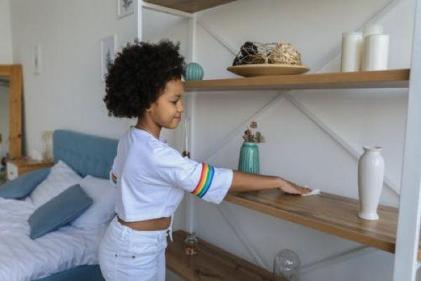Chances are, you will be telling your child about the new arrival well before your new baby arrives. That gives you lots of time to prepare your preschooler for the new addition to your family before he or she arrives.
Your child may have a lot of questions, such as where the baby is, what he or she is doing, and how your baby is eating. Answering these questions can help your child to feel more connected, as can letting him or her feel when the baby moves and kicks. You can also ask your older child what he or she thinks the baby is doing, let him or her sing to or pat the baby, and take him or her along to a prenatal visit, to see the baby on the screen as you have a scan.
Try not to share too much negative information about pregnancy, such as information about morning sickness. If your child notices that you are tired, just tell him or her that helping the baby to grow is hard work, and that it’s normal too feel tired when there’s a baby inside you.
Since your child is unlikely to know what a baby is like, it can also help to talk about what newborns are like – that they sleep a lot, and that they are tiny and delicate, but that they are real people, with real feelings, just like your child.
Go through family photos, and show your child photos of him or herself when he or she was an infant, and even of you and your partner when you were babies, so that your child understands that babyhood is something everyone goes through.
Spending time with friends and relatives who have babies is another good way to acclimatise your child to the idea of a baby, and it can help bring any questions he or she has to the fore.
As the big day approaches, your child may become scared or anxious that the arrival of the new baby will mean that you will love them less. As you become bigger and more tired, your child is likely to want more attention from you, and may even regress into baby like behaviour, to gain your attention. Spend as much time as possible with your child during this time, and avoid any other major life changes, like moving house or changing your child’s school as much as possible.
Reassure your child that no matter what happens, you will always love him or her as much as you do now.






